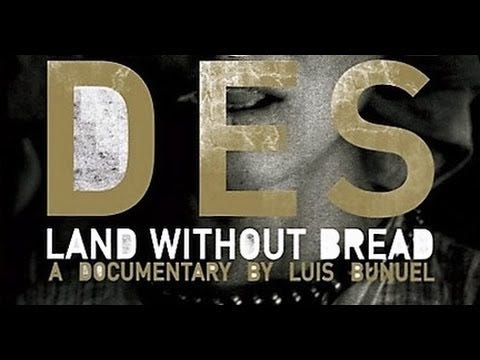Alex Winter Shares His Favorite Documentaries
To many, Alex Winter is still first and foremost Bill S. Preston from the Bill & Ted movies. I also will always associate him with Freaked, a weird but hilarious movie he co-directed and starred in that I watched a ton while in high school. For the last five years, however, Winter has made a significant new name for himself as a documentary filmmaker.
He…
Keep reading with a 7-day free trial
Subscribe to Nonfics to keep reading this post and get 7 days of free access to the full post archives.



